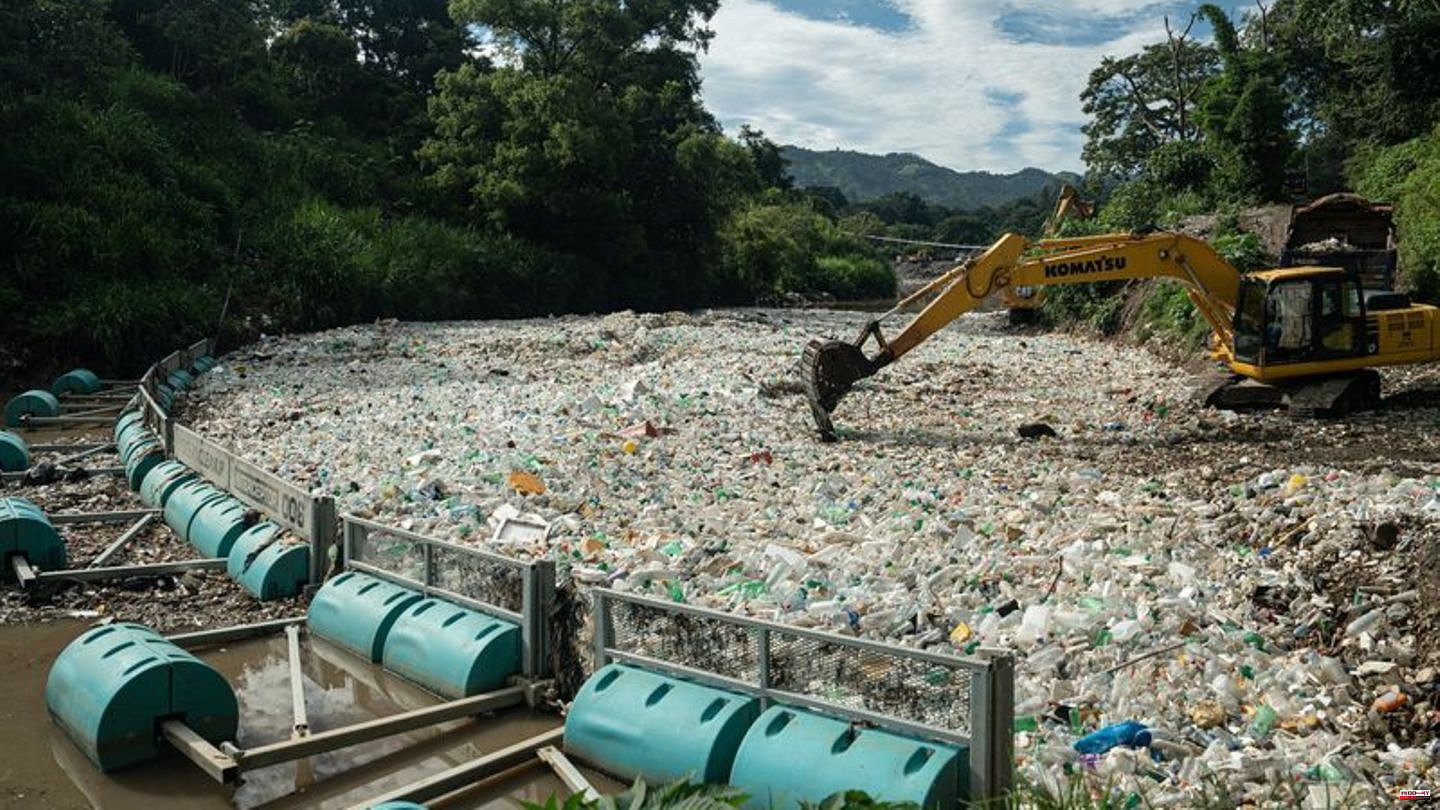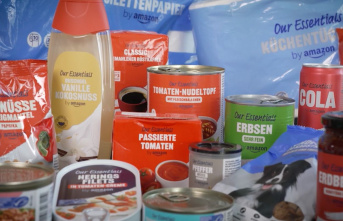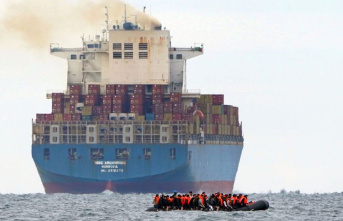The Ocean Cleanup project says it has already fished 10,000 tons of plastic waste from waterways. The organization announced this on Monday in Rotterdam. The Ocean Cleanup has been collecting plastic from the Pacific with huge fishing nets for about five years and recently also with barriers from particularly heavily polluted rivers in eight countries to prevent the waste from reaching the oceans.
"Although we still have a long way to go, recent successes give us renewed confidence that the oceans can be cleaned up," said the project's initiator, Dutchman Boyan Slat. But millions of tons of plastic waste still pollute the world's oceans.
The Ocean Cleanup wants to continue improving to solve this “global catastrophe.” The organization also referred to the fourth round of negotiations on a UN plastics agreement, which begins on Tuesday. The Ocean Cleanup will advocate for a comprehensive and ambitious global agreement that addresses plastic at all stages of its life cycle. According to the Federal Environment Agency, almost 5.7 million tons of plastic waste was generated in Germany in 2021. 99.4 percent of this was recycled for material or energy purposes.
The Ocean Cleanup project was founded in 2013 and fished the first plastic waste out of the Pacific in 2019. More plastic catchers are to be stationed in rivers this year.
The Ocean Cleanup is now stationed with the third revised system in the Pacific at the so-called Great Pacific Garbage Patch. According to scientific estimates, 1.8 trillion pieces of plastic collect in this vortex. The garbage catcher is an 800 meter long net structure that is slowly pulled through the water in a U-shape by two tugboats. The collected waste is loaded onto ships and recycled on land.
There were many failures in the development of the project, which is supported by companies and universities. Experts also feared that marine life would be collected - a warning that The Ocean Cleanup says is based on false assumptions.
"While I think the Ocean CleanUp initiative is admirable - we need to rid our oceans of as much plastic and other rubbish as we can - I also think that for a variety of reasons this project only removes a very small proportion of the rubbish in the oceans can," said Agostino Merico from the Leibniz Center for Tropical Marine Research in Bremen on Monday. He led a study about it in 2020. "The use of river barriers may be a more efficient method," but it could have an impact on shipping and migratory marine organisms in the rivers. Above all, international agreements are needed for a global ban on the production and use of plastic.












